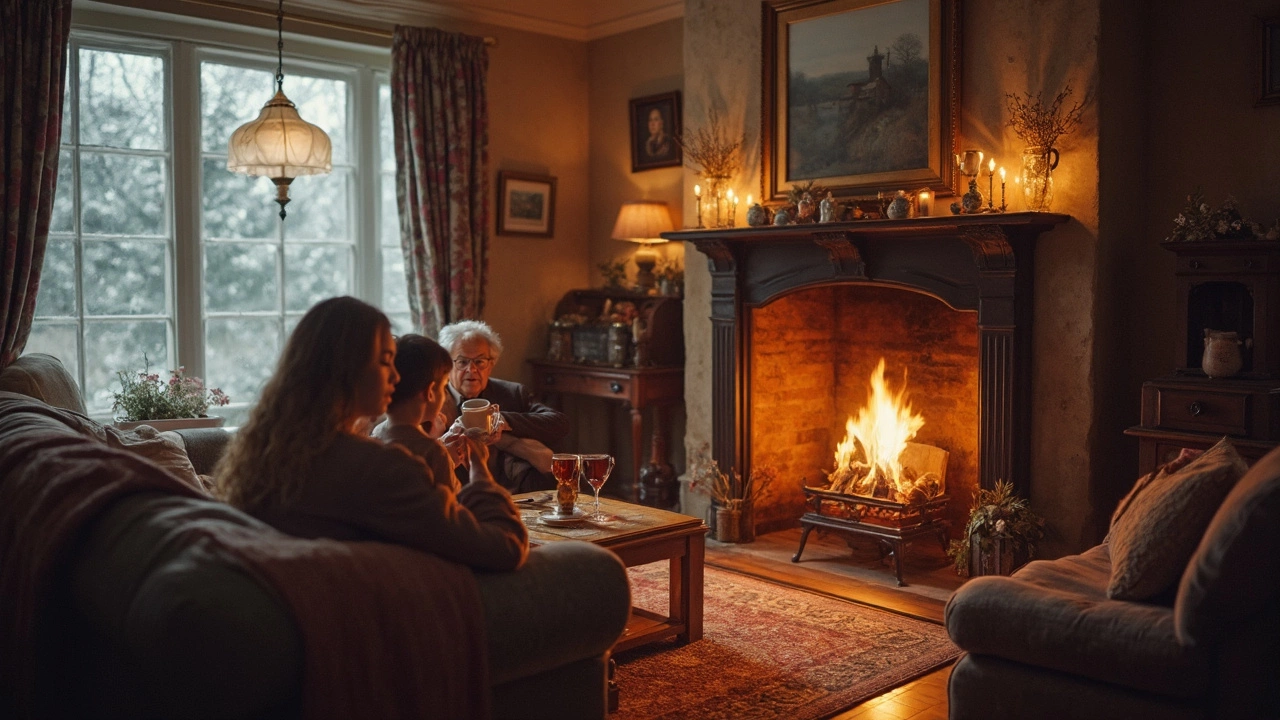House Heating: Quick Fixes, Maintenance & When to Call a Pro
Ever wonder why your home feels cold even though the thermostat is set high? Most of the time it’s a simple issue you can spot yourself. Below you’ll find the most common heating problems, easy steps to fix them, and clear signs it’s time to call Hinckley Home Appliance Repair.
Common Heating Issues You Can Identify
Boiler not heating water – Check the pressure gauge first. If it’s below 1 bar, add water using the filling loop. Next, make sure the thermostat is set correctly and the pilot light (if you have a gas boiler) is lit. If the gauge stays low or the boiler keeps shutting off, a professional needs to look at the pump or valve.
Heat pump losing power – Clean the outdoor unit’s fins from dust and leaves. A blocked fan will make the pump work harder and eventually stop. Also, verify that the circuit breaker hasn't tripped. If the pump still won’t start, the compressor might be failing and needs a tech.
No hot water in the shower – The most common cause is a broken heating element in an electric water heater. Turn off the power at the breaker, remove the panel and use a multimeter to test the element for continuity. If it reads infinite, replace it. If you’re not comfortable with electricity, call us – safety first.
Radiators only warm at the top – Air trapped inside is the culprit. Use a radiator key to bleed each unit until water flows steadily. Close the valve, turn the system back on and enjoy even heat.
Keeping Your System Running Year‑Round
Regular maintenance saves money and avoids emergency calls. For boilers, schedule a service once a year. A technician will clean the heat exchanger, check the gas valve and test safety controls. This keeps the boiler efficient and extends its lifespan, which is typically 10‑15 years.
Heat pumps benefit from a yearly filter change and a quick visual check of the outdoor coil. Remove debris, spray the coil with a garden hose (no pressure washer) and inspect the refrigerant lines for signs of wear.
Water heaters should have their anode rod inspected every two years. A corroded rod can cause tank leaks and costly replacements. While you’re at it, flush the tank to remove sediment that reduces heating efficiency.
Finally, never ignore strange noises. Banging, whistling or clicking usually signals a loose part or a failing motor. Catching these early means cheaper repairs and a warmer home.
If any of these steps feel beyond your comfort zone, give us a call. Our Hinckley team can repair boilers, heat pumps, water heaters and any other heating equipment fast and reliably. We’ll diagnose the problem, explain the fix in plain language and get your house warm again without hidden fees.
22 March 2025
·
0 Comments
Don't freeze when your boiler breaks down. This article provides practical strategies to keep your home warm when the boiler fails. From temporary fixes to long-term solutions, we've got you covered with simple tips and tricks to maintain a cozy environment in your home. Explore alternative heating methods, energy-efficient hacks, and expert advice to combat the cold without a working boiler. Stay warm this winter with our handy guide.
Read more


